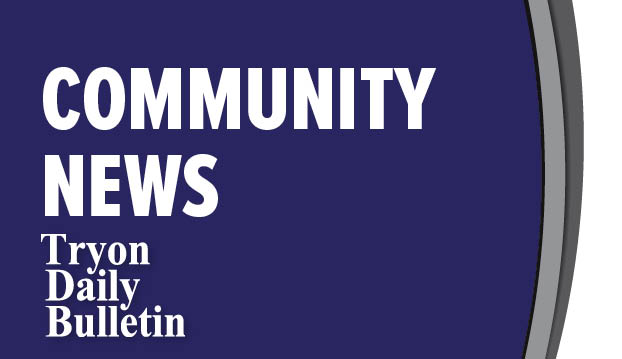U.S. Attorney warns public about scams and price gouging following Helene
Published 4:41 pm Tuesday, October 1, 2024
|
Getting your Trinity Audio player ready...
|
As communities in the Western District of North Carolina begin to recover from the devastation of Hurricane Helene, U.S. Attorney Dena J. King is issuing a strong warning about emerging scams and price gouging targeting disaster victims. King urges residents to remain vigilant and report any suspected fraudulent activity to the National Center for Disaster Fraud (NCDF) hotline at 1-866-720-5721 or through their website.
“It is unfathomable that scammers will try to profit from the devastation caused by a natural disaster,” said U.S. Attorney King. “Fraudsters will stop at nothing to fill their pockets, and I urge the public to be extra cautious.”
Residents are advised to be on the lookout for various types of scams that often arise in the aftermath of disasters, including:
- Fraudulent charities soliciting donations for victims, often using names similar to well-known organizations.
- Impersonation of government officials offering disaster relief in exchange for personal information or money.
- Fake insurance representatives attempting to collect payments or personal data.
- Non-existent businesses or investment schemes related to disaster recovery, such as rebuilding or flood-proofing services.
- Home repair scams that require upfront payments or deposits.
- Price gouging for essential goods and services, which can severely impact disaster victims.
- Theft from evacuated homes and businesses** during or after the storm.
Trending
To protect themselves from disaster fraud scams, King offers several key recommendations:
- Donate only to well-known charities** after verifying them through trusted sources.
- Do not respond to unsolicited requests** for donations via email, phone, or text, and avoid clicking on links in unsolicited messages.
- Verify online or social media charity solicitations** before donating, as they may not be legitimate.
- Use credit cards or checks for donations** instead of cash, wire transfers, or peer-to-peer mobile payment apps.
King emphasized that government agencies and legitimate organizations will not ask for money or personal information via phone or email. “When in doubt, contact the agency directly using a verified phone number or website,” she advised.
For storm-related repairs, residents are encouraged to hire reputable contractors and always verify references. Be cautious of contractors who make unsolicited offers or promises that seem too good to be true. Avoid making large downpayments or paying in full before the repairs are completed.
Reporting any suspicious activities is crucial. “Reporting scams and price gouging will help law enforcement identify, investigate, and prosecute those who exploit the devastation caused by Hurricane Helene,” said King.
To report disaster-related fraud, contact the NCDF at 1-866-720-5721 or online at www.justice.gov/DisasterComplaintForm.






